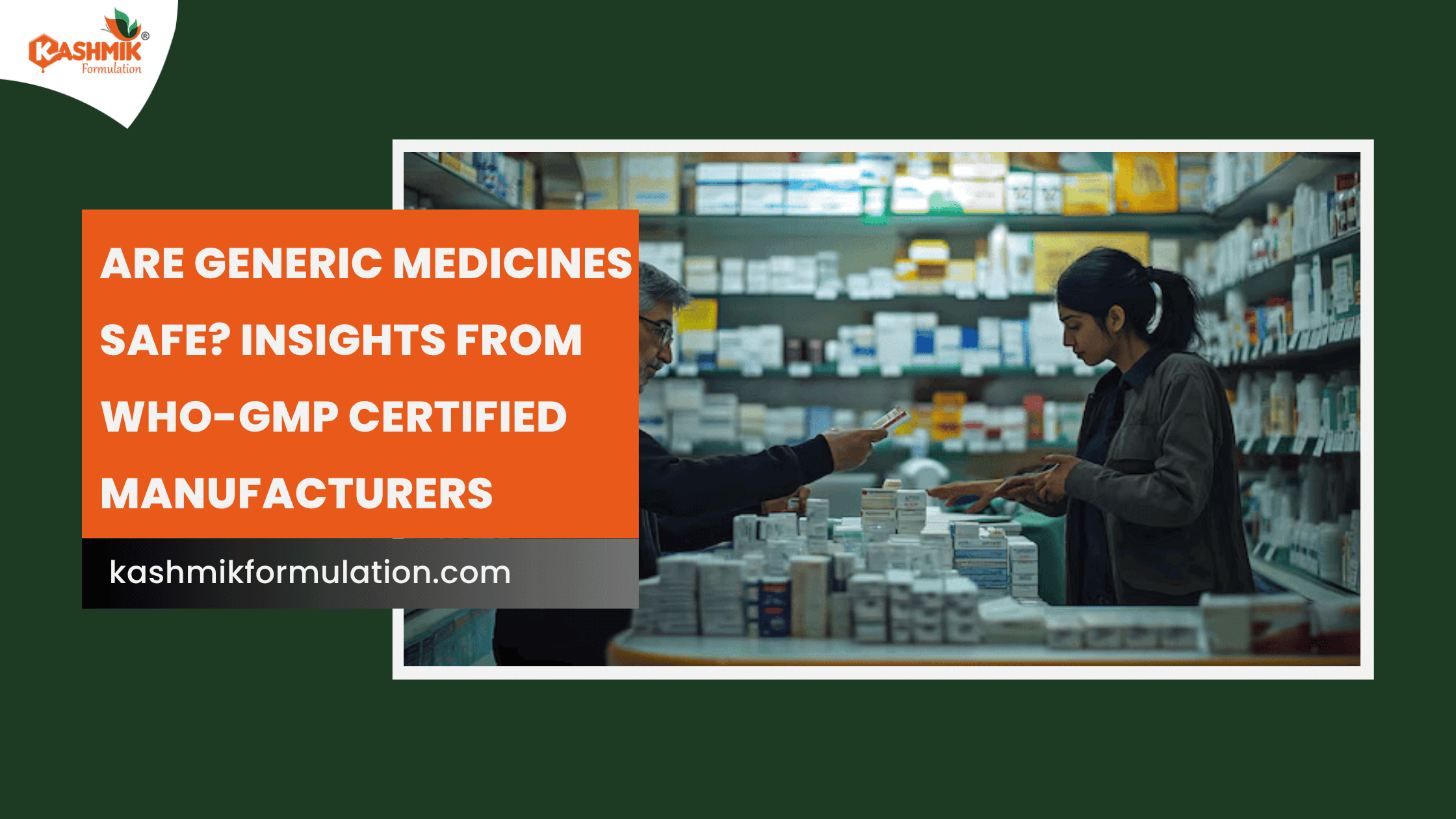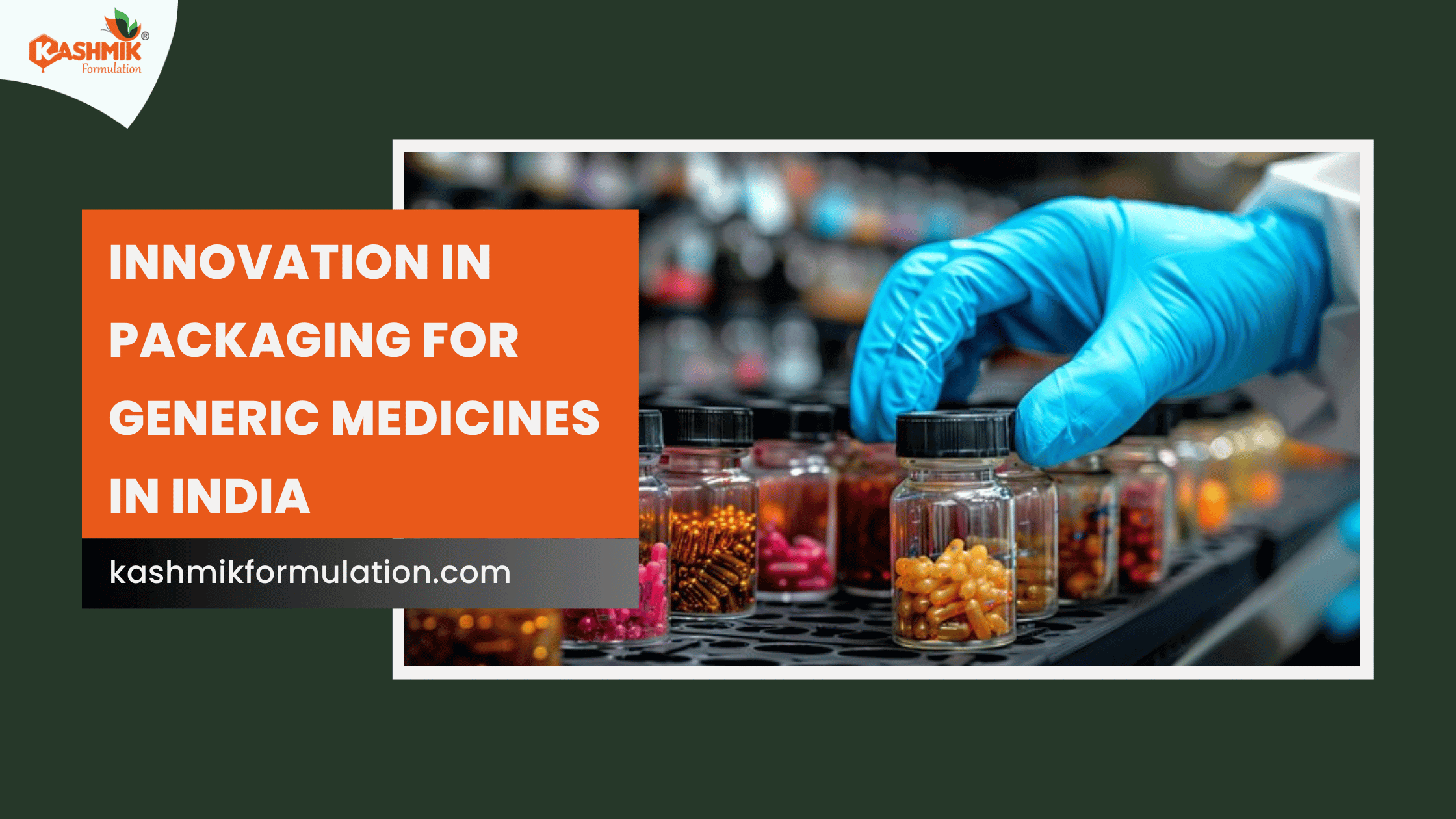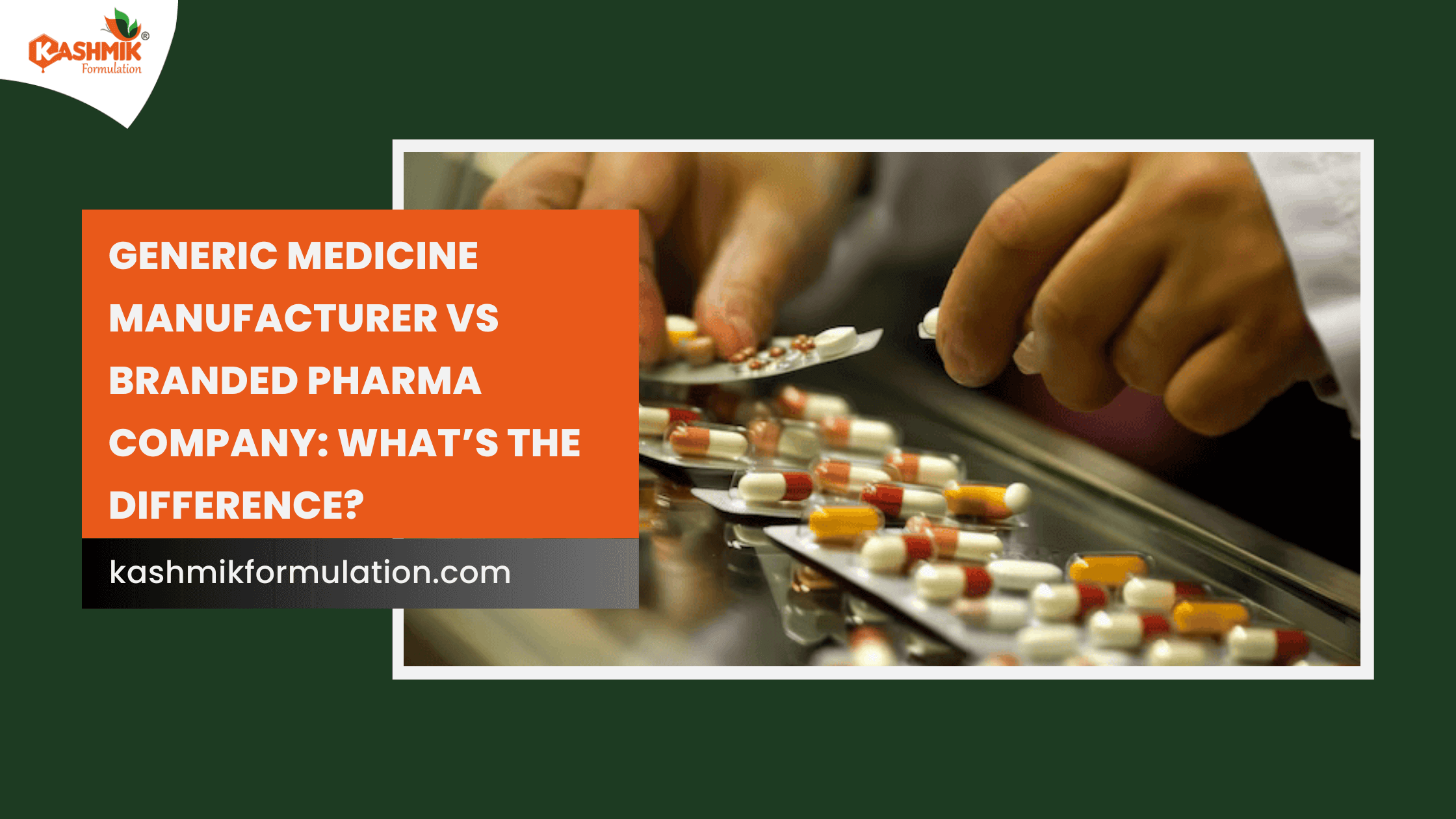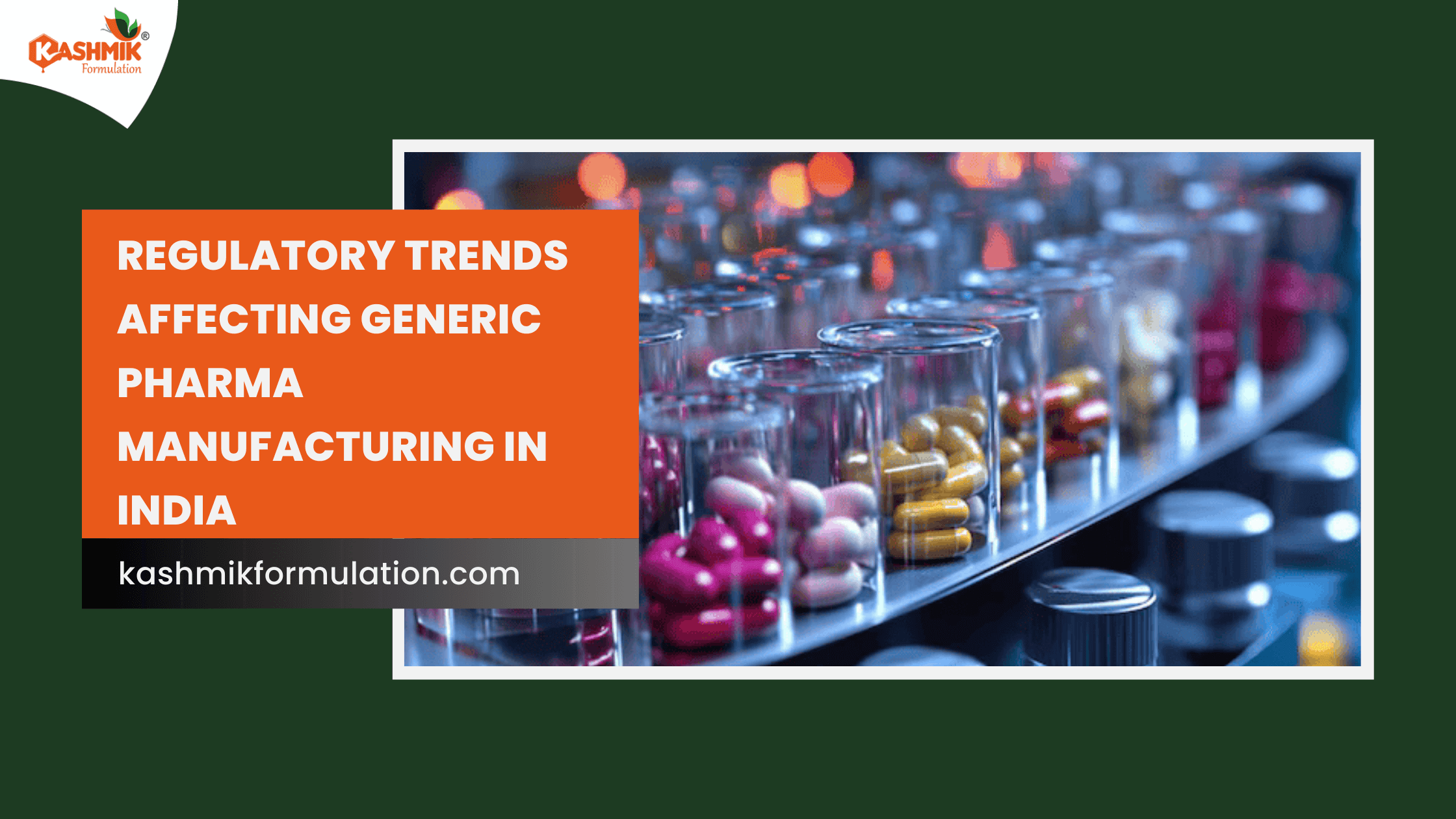In a country like India where a large section of the population still struggles with access to affordable healthcare, the promotion of generic medicines plays a critical role. The Indian government has recognized this need and has launched multiple schemes aimed at increasing the availability and awareness of generic medicines.
These efforts are not only beneficial for consumers but have also opened new growth opportunities for pharmaceutical manufacturers. Particularly, Ahmedabad pharma companies have emerged as key contributors in supplying high-quality generic drugs under various government initiatives.
This blog explores the major government schemes promoting generic medicines in 2025 and their impact on public health and the pharma manufacturing sector.
What Are Generic Medicines?
Generic medicines are pharmaceutical drugs that have the same active ingredients, strength, dosage form, and route of administration as their branded counterparts. The major difference lies in the cost, which is significantly lower for generic drugs because they are introduced after the patent of the original brand expires.
Despite being affordable, these medicines are equally safe and effective when manufactured under regulated conditions by certified pharma companies.
Why Is the Government Promoting Generic Medicines?
The high cost of branded medicines has long been a barrier to proper treatment in rural and lower-income segments of society. By promoting generic alternatives, the government aims to:
- Lower healthcare expenses for the public
- Ensure accessibility to essential medicines across the country
- Support Indian pharma manufacturers in growing domestic and export markets
- Reduce dependence on expensive imported medicines
As we step into 2025, the push for generics is stronger than ever, supported by several ongoing and new initiatives.
Key Government Schemes Supporting Generic Medicines
1. Pradhan Mantri Bhartiya Janaushadhi Pariyojana (PMBJP)
One of the most impactful schemes so far, the PMBJP aims to provide affordable medicines to the masses through Jan Aushadhi Kendras. These government-run stores offer generic medicines at 50% to 90% less than the cost of branded drugs.
As of 2025, more than 10,000 Jan Aushadhi Kendras are operational across the country, and the scheme continues to expand. The medicines supplied under this scheme are sourced from certified manufacturers, including many Ahmedabad pharma companies that meet WHO-GMP and other international quality standards.
2. Ayushman Bharat – Pradhan Mantri Jan Arogya Yojana (PM-JAY)
While PM-JAY focuses on providing health insurance to underprivileged families, it also indirectly promotes generic medicine usage by encouraging hospitals and healthcare providers to prescribe cost-effective treatments.
The scheme has boosted demand for generic drug formulations, leading to increased production by Indian pharmaceutical companies. Gujarat, with its strong manufacturing base, plays a central role in fulfilling this need.
3. Free Drug Distribution Schemes by State Governments
Various state governments, including Rajasthan, Tamil Nadu, and Delhi, have implemented free medicine distribution programs in public hospitals. These schemes mandate the use of generic medicines to cut costs while still ensuring quality care.
As more states adopt similar models, the demand for reliable and cost-effective generic drugs is rising. This has led to collaborations with reputed manufacturers from Ahmedabad pharma companies that comply with regulatory norms.
4. Generic Prescription Mandate for Doctors
The Medical Council of India (now the National Medical Commission) has directed all doctors to prescribe generic names of medicines rather than branded ones. This policy promotes transparency and enables patients to purchase affordable alternatives from certified pharmacies.
While implementation remains a work in progress, the message is clear — generic medicine is a national priority. As awareness grows, this mandate will likely have a stronger impact by 2025.
Role of Ahmedabad Pharma Companies in Supporting These Schemes
Ahmedabad is one of the top pharmaceutical manufacturing hubs in India. Many Ahmedabad pharma companies are WHO-GMP, ISO, and FDA certified, enabling them to produce quality generics at scale. Their role in meeting the needs of government schemes is crucial due to:
- Advanced manufacturing facilities
- Regulatory compliance
- Wide product portfolios across therapeutic categories
- Cost-effective production techniques
Companies like Kashmik Formulation are working closely with healthcare providers, government agencies, and pharma marketing firms to supply high-quality, affordable generic medicines across India.
Challenges and the Way Forward
While the progress is commendable, challenges remain in creating widespread awareness about generic medicines. Some of the issues include:
- Mistrust due to misconceptions about quality
- Lack of uniform pricing across states
- Limited reach in remote and tribal regions
To overcome these, the government needs to focus on health education, improve pharmacy infrastructure, and continue supporting certified manufacturers who meet quality benchmarks.
Conclusion
Government schemes in India are playing a transformative role in promoting the use of generic medicines. By reducing costs and improving access, these initiatives are paving the way for better public health outcomes. At the same time, manufacturers are seeing new business opportunities to grow alongside national healthcare goals.
With their robust manufacturing infrastructure and global quality certifications, Ahmedabad pharma companies are at the forefront of this shift. As we move further into 2025, expect to see even more integration between public health initiatives and the Indian pharmaceutical sector, driving affordable healthcare for all.






